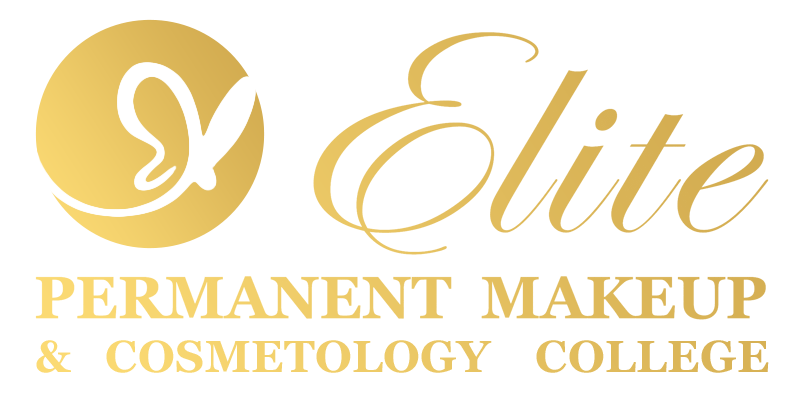Studies show that prolonged exposure to urban pollution can accelerate skin aging, increase the risk of acne, and even trigger conditions like eczema. According to research published in the Journal of Investigative Dermatology, individuals living in highly polluted cities experience a 20% increase in pigmentation spots and a significant reduction in skin elasticity compared to those in cleaner environments. These findings underscore the need to prioritize skincare strategies that combat the harmful effects of pollution.
At Elite Cosmetology College, we emphasize the importance of protecting your skin from urban pollutants to maintain its health and radiance.
What Makes Urban Pollution Harmful to Your Skin?
Urban pollution consists of microscopic particles, harmful gases, and free radicals that penetrate the skin and disrupt its natural barrier. Some key pollutants include:
- Particulate Matter (PM): Tiny particles that clog pores and cause inflammation.
- Nitrogen Dioxide (NO2): Contributes to oxidative stress, which accelerates aging.
- Polycyclic Aromatic Hydrocarbons (PAHs): Found in vehicle emissions, these damage the skin’s DNA and weaken its protective barrier.
Effects of Pollution on Skin
Premature Aging
Free radicals generated by pollution break down collagen and elastin, leading to fine lines and wrinkles.
Acne and Inflammation
Pollutants can mix with sebum, clogging pores and triggering acne flare-ups.
Hyperpigmentation
Chronic exposure to polluted air increases melanin production, causing dark spots and uneven skin tone.
Steps to Protect Your Skin
1. Cleanse Thoroughly
Cleansing is the first step to remove pollutants that settle on your skin throughout the day.
- Use a gentle, sulfate-free cleanser to avoid stripping your skin.
- Consider double cleansing, especially if you wear makeup or sunscreen.
2. Strengthen Your Skin Barrier
A strong skin barrier helps repel pollutants and reduces irritation.
- Incorporate moisturizers with ceramides, niacinamide, or squalane.
- Avoid harsh exfoliants that can weaken the barrier.
3. Apply Antioxidant Serums
Antioxidants neutralize free radicals and protect your skin from oxidative stress.
- Vitamin C: Reduces dark spots and boosts collagen production.
- Vitamin E: Enhances hydration and soothes irritation.
- Resveratrol: A powerful antioxidant derived from plants.
4. Use Sunscreen Daily
Sunscreen not only protects against UV rays but also acts as a barrier against pollution.
- Opt for a broad-spectrum SPF 30 or higher.
- Some sunscreens include anti-pollution properties for added protection.
5. Incorporate Anti-Pollution Skincare Products
Specialized products can create a shield against environmental aggressors.
- Look for creams and serums labeled “anti-pollution” or “pollution-blocking.”
- Ingredients like algae extract and activated charcoal are effective in combating pollution.
6. Stay Hydrated
Hydration keeps your skin plump and resilient, making it less prone to damage.
- Drink at least 8 glasses of water daily.
- Use hydrating mists to refresh your skin during the day.
7. Exfoliate Wisely
Exfoliation removes dead skin cells and pollutants but should be done in moderation.
- Use a mild chemical exfoliant like lactic acid or glycolic acid.
- Limit exfoliation to 1-2 times per week to prevent over-stripping.
Lifestyle Changes to Minimize Pollution Exposure
Avoid Peak Pollution Hours
Limit outdoor activities during times of high pollution, such as rush hours.
Maintain Indoor Air Quality
Invest in air purifiers and keep your living space well-ventilated to reduce indoor pollutants.
Wear Protective Accessories
Use hats and sunglasses to shield your skin from direct exposure to pollutants.
Why Choose Elite Cosmetology College for Skincare Advice?
At Elite Cosmetology College, we are committed to educating our students and clients about scientifically proven methods to protect and nourish their skin. With our expert guidance, you can build a skincare routine that effectively combats the challenges of urban living.
Conclusion
Urban pollution poses a serious threat to skin health, but with the right strategies, you can mitigate its effects and maintain a glowing complexion. Cleansing, moisturizing, and using antioxidant-rich products are key steps to safeguard your skin. For more insights and personalized advice, trust the experts at Elite Cosmetology College.

